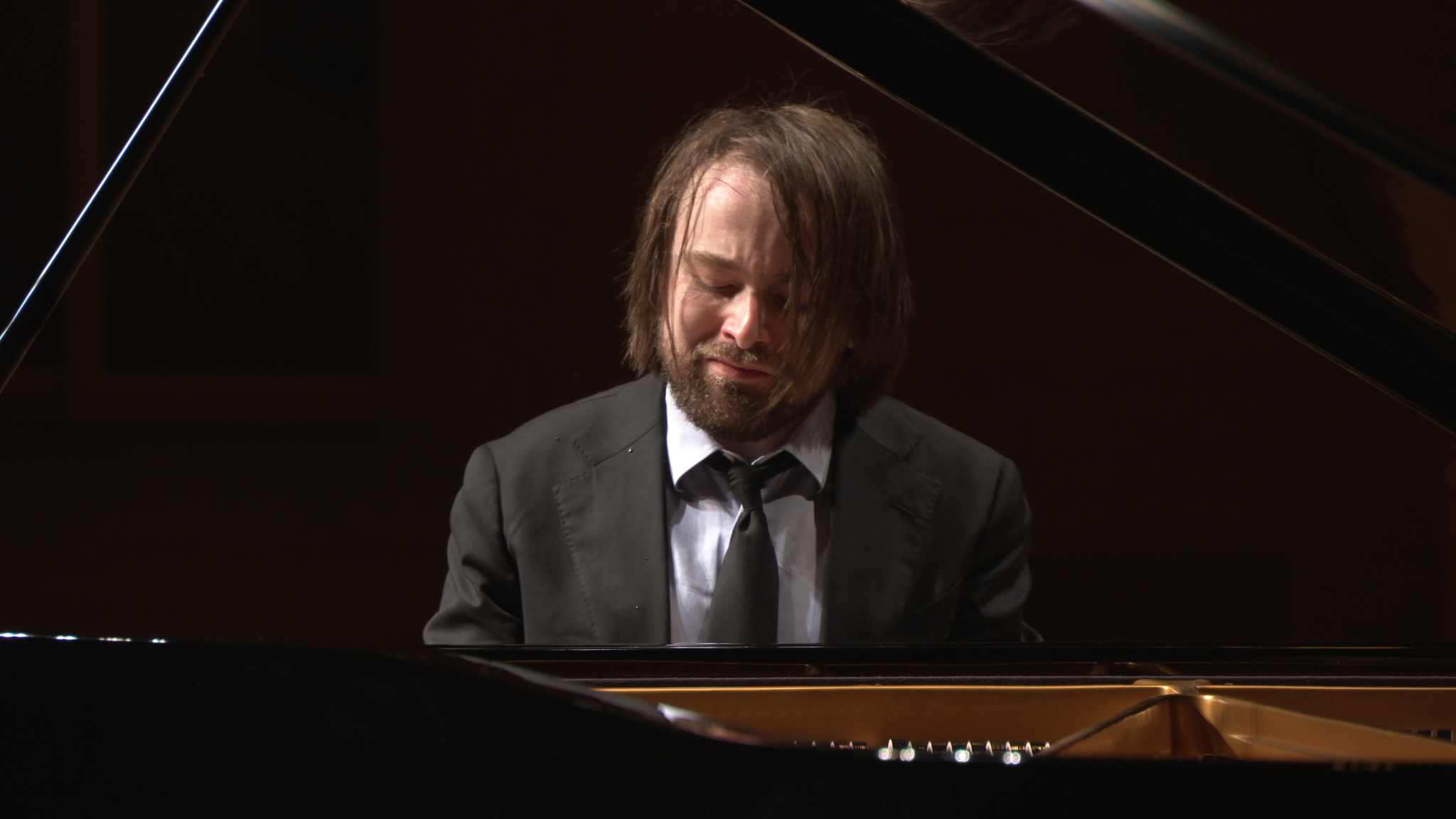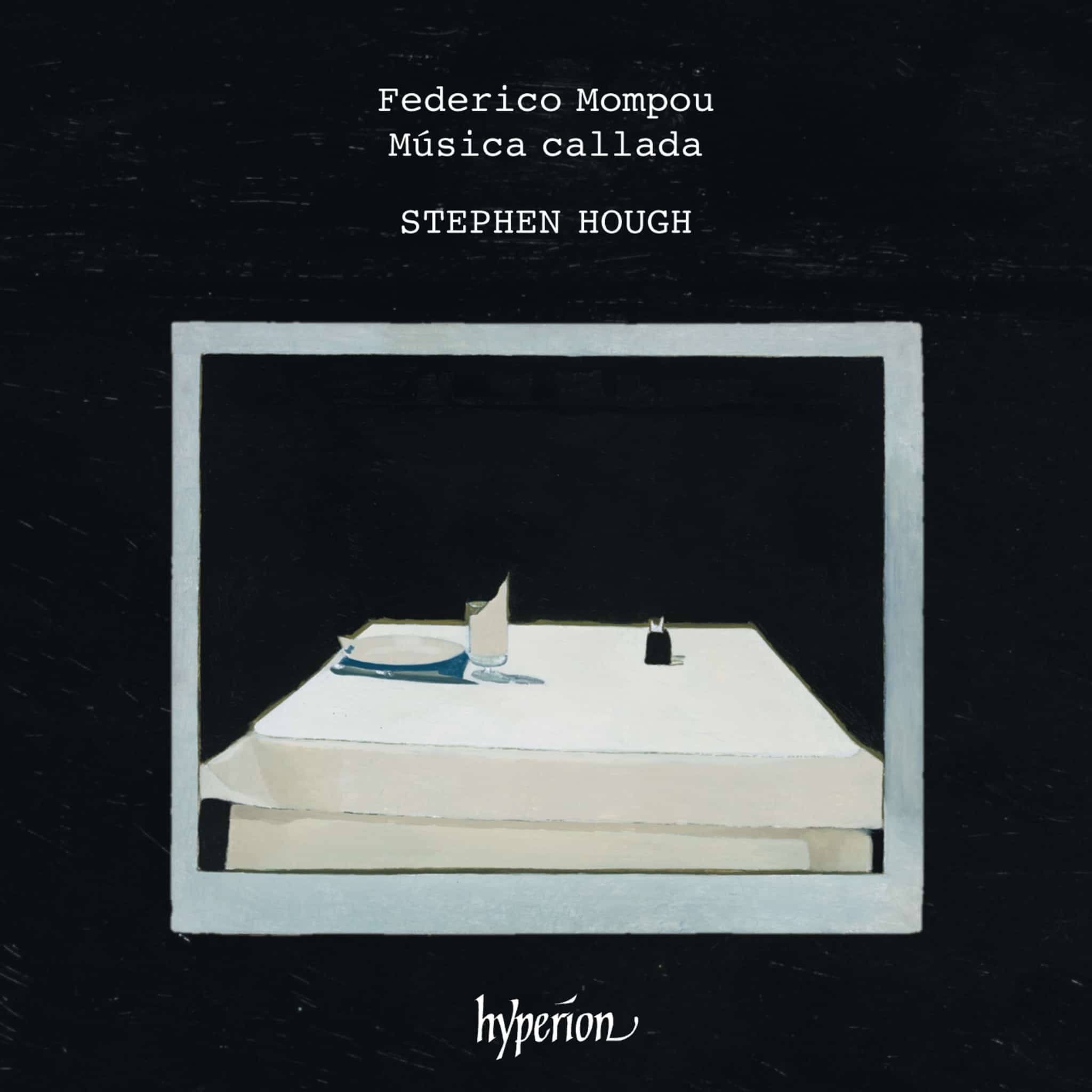A Musical Journey: Federico Mompou and His Influential Works
Discover the breadth and depth of Catalan composer Federico Mompou, known for his solo piano music and songs. Born on April 16, 1893, in Barcelona, Spain, Mompou's compositions were greatly influenced by French impressionism and Erik Satie. His music often features a minimalist style, characterized by simplicity and depth, making it a distinctive contribution to the world of classical music.
Early Life and Education
Federico Mompou, known as Frederic Mompou in Catalan, studied piano at the Conservatori Superior de Música del Liceu in Barcelona under Pedro Sierra. He later moved to Paris to continue his studies with Ferdinand Motte-Lacroix and Isidor Philipp. Despite his shyness, which deterred him from pursuing a solo career as a pianist, Mompou found solace in composition.
Career Highlights
His early works include Impressions íntimes (1911-1914) and Cants magics published in 1920. From 1931 to 1937, Mompou experienced a creative hiatus, returning to composition in 1937 with Souvenirs de l'éxposition for the Universal Exposition of Paris. Some of his notable works include Variations on a theme by Chopin, Música Callada, and Scènes d'enfants (written 1915–18), which gained him recognition as a successor to Claude Debussy. He also collaborated with Xavier Montsalvatge on the ballet Don Perlimpin in 1956, with Montsalvatge contributing orchestration and a few passages.
Personal Life
Mompou married the Spanish pianist Carmen Bravo in 1957. This marriage coincided with a prolific period in his career. He passed away on June 30, 1987, in Barcelona.
Celebrated Performances of Mompou's Masterpieces Around the Globe
Experience exquisite performances of Mompou's works by renowned artists worldwide. His oeuvre includes Música Callada, a series of pieces that reflect his introspective and quiet nature, and Canciones y Danzas, which showcase his ability to blend folk influences with his unique compositional style.












